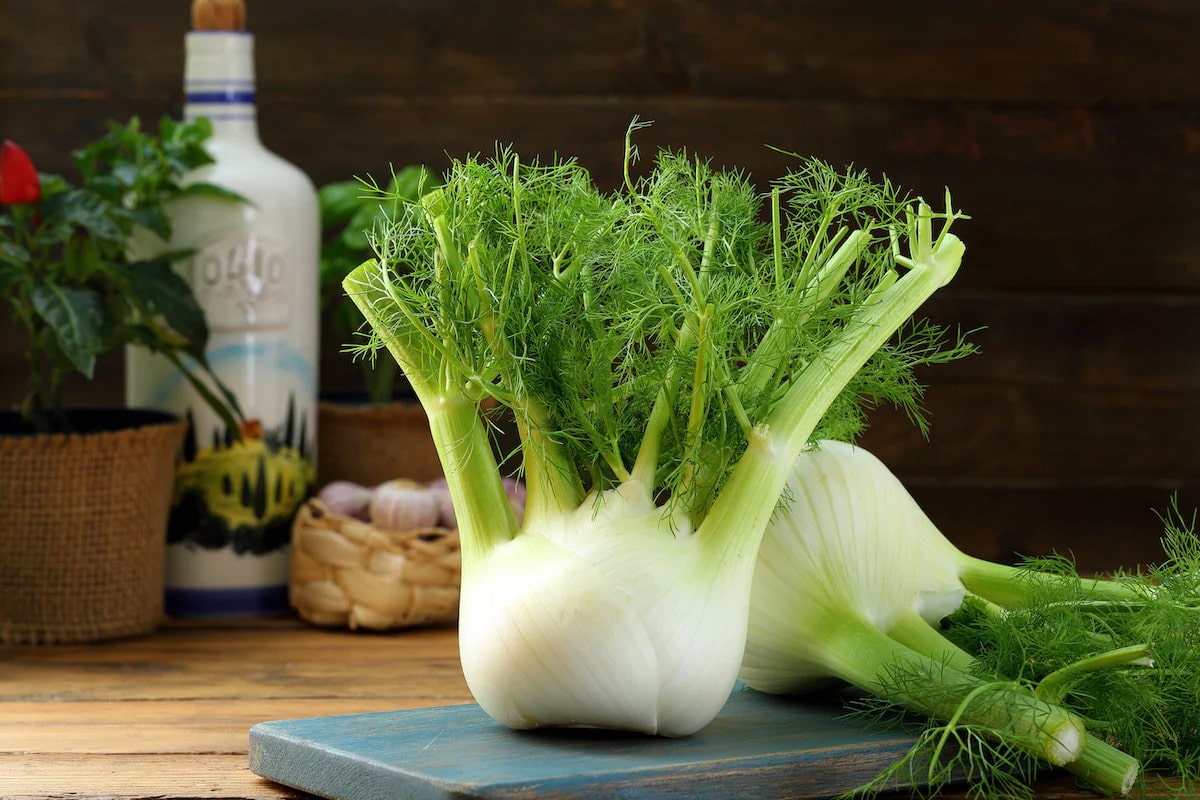
39 interesting facts about Fennel
- 👁️ 284
Fennel, with its aromatic flavor and versatile uses, is a fascinating plant that has been valued for centuries in various cultures around the world. Known for its distinct licorice-like taste, fennel is not only used in culinary dishes but also cherished for its medicinal properties. This hardy, perennial herb belongs to the carrot family and is characterized by its feathery leaves and yellow flowers. From its role in ancient rituals to its presence in modern kitchens, fennel continues to be a plant of great interest and utility. Here are 39 interesting and informative facts about fennel that highlight its uniqueness, historical significance, and benefits.
- Fennel is scientifically known as Foeniculum vulgare.
- It is native to the Mediterranean region but has become widely naturalized in many parts of the world.
- The plant can grow up to 2 meters (about 6.5 feet) tall.
- Fennel has a bulb-like structure at its base, which is the part most commonly used in cooking.
- The entire fennel plant is edible, from its bulb to the feathery leaves and seeds.
- Fennel seeds are often used as a spice, imparting a sweet, licorice-like flavor to dishes.
- Ancient Romans believed fennel could improve eyesight and used it in their diets for this purpose.
- In medieval times, fennel was hung over doorways to ward off evil spirits.
- The plant is a rich source of vitamin C, dietary fiber, potassium, and other minerals.
- Fennel has been used in traditional medicine to treat various ailments, including digestive issues, bloating, and coughs.
- It contains anethole, a compound that can help relax the muscles of the digestive tract.
- Fennel tea is popular for its soothing effects on the digestive system.
- The plant is a natural diuretic, promoting increased urine output.
- Fennel seeds are often chewed after meals in India as a natural breath freshener and to aid digestion.
- The ancient Greeks named the plant “marathon” because it grew abundantly in the field where the Battle of Marathon took place.
- Fennel is pollinated by insects, especially bees and butterflies.
- The oil extracted from fennel seeds is used in aromatherapy for its calming effects.
- In ancient China, fennel was used to treat snake and insect bites.
- The plant’s licorice-like flavor comes primarily from the compound anethole.
- Florence fennel, or finocchio, is a variety that has a swollen, bulb-like stem base that is used as a vegetable.
- Fennel is associated with longevity, courage, and strength in various cultural traditions.
- The plant can be invasive in certain environments due to its ability to spread rapidly.
- Fennel has estrogen-like properties, which may have effects on hormone-related conditions.
- It is often used in fish dishes to complement the flavors.
- Fennel flowers, known as fennel pollen, are used as a spice and have a more potent flavor than the seeds.
- The plant requires full sun and well-drained soil to grow successfully.
- Fennel is drought-resistant once established, making it suitable for arid climates.
- It has been used as a natural remedy for colic in infants.
- Fennel is a perennial, meaning it can survive for more than two years in the wild.
- The seeds can be used to make a yellow dye.
- Fennel symbolizes strength, worthy of praise, and flattery in the language of flowers.
- Ancient athletes consumed fennel to maintain their weight for competitions.
- It is one of the main ingredients in the Italian sausage, giving it a distinctive flavor.
- Fennel was used in traditional weddings as a symbol of love.
- In Greek mythology, Prometheus used the stalk of a fennel plant to steal fire from the gods.
- Wild fennel provides habitat and food for several butterfly species.
- It is a component of the Chinese Five Spice powder.
- Fennel seed oil can be used as a flavoring agent in soaps and cosmetics.
- The plant can cross-pollinate, leading to hybrid varieties in areas where different species coexist.
Fennel is truly a plant of many talents, from its culinary and medicinal applications to its historical and cultural significance. Its ability to adapt and thrive in various environments, along with its potent flavor and health benefits, make fennel a valuable addition to any garden or kitchen. These 39 facts offer a glimpse into the remarkable versatility and rich history of fennel, underscoring its continued importance in both traditional and modern practices. Whether used in dishes, as a natural remedy, or simply enjoyed in a garden,
Fennel, with its aromatic flavor and versatile uses, is a fascinating plant that has been valued for centuries in various cultures around the world. Known for its distinct licorice-like taste, fennel is not only used in culinary dishes but also cherished for its medicinal properties. This hardy, perennial herb belongs…